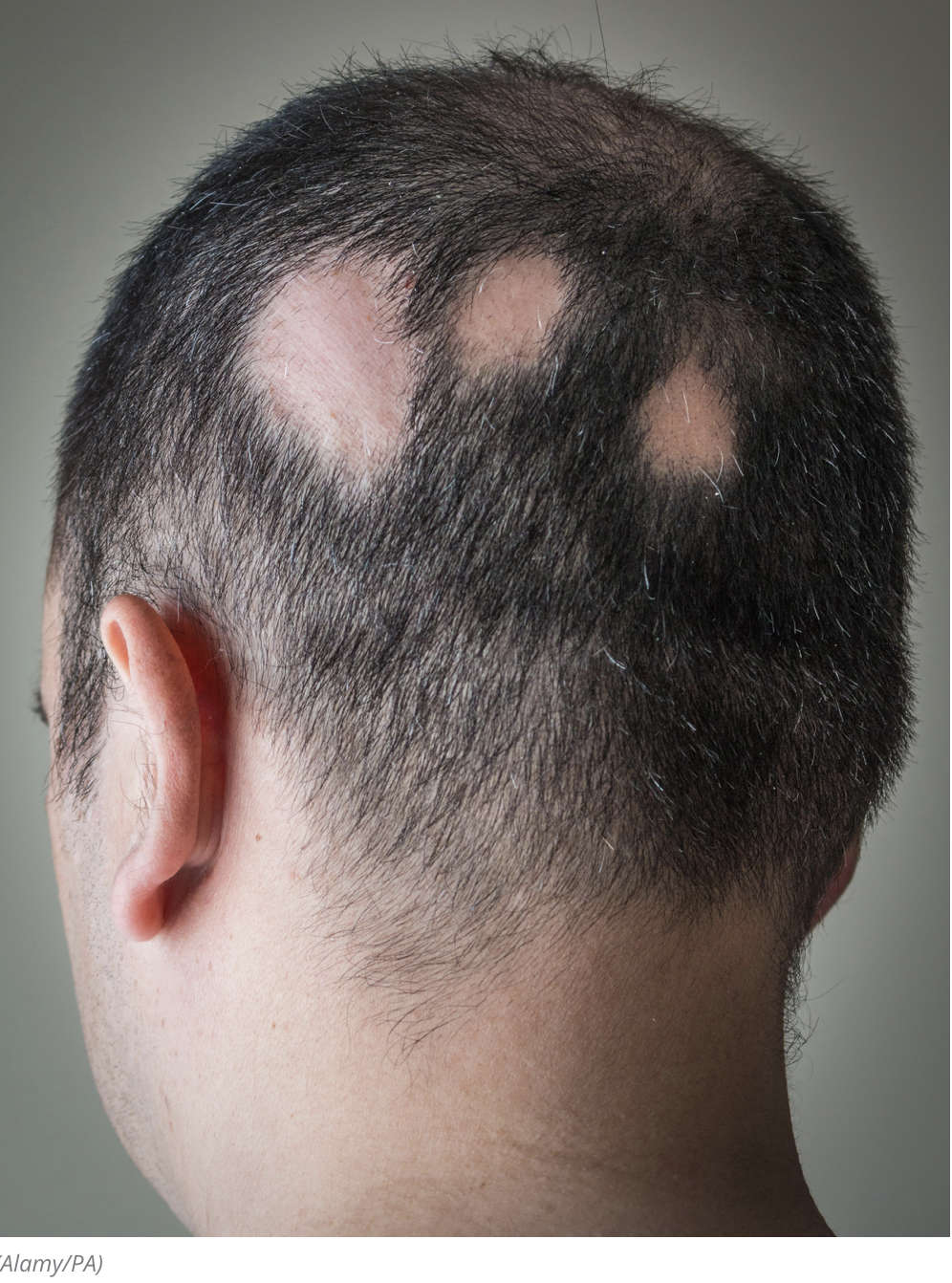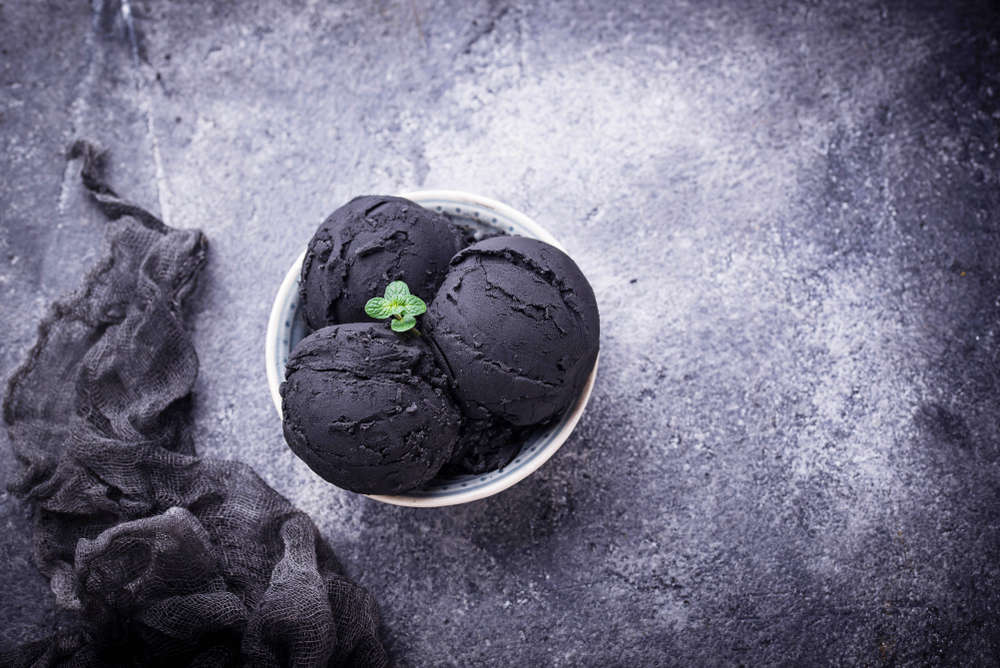
In one of the most controversial incidents in Academy Awards history, Will Smith stormed the stage and slapped Chris Rock, after the host made a joke about wife Jada Pinkett Smith’s hair loss.
The actor, who apologised to the Academy and his fellow nominees while accepting the Best Actor award for King Richard, appeared to take offence to Rock quipping: “Jada can’t wait for GI Jane 2,” referring to the Red Table Talk host’s buzzcut.
Pinkett Smith, 50, has spoken candidly – and with great humour – about her struggle with alopecia, joking on Instagram in December that she would decorate a new bald patch with rhinestones.

Yet alopecia can cause huge distress, and the prognosis can vary greatly. Here, a GP answers some common questions about the hair loss condition.
What is alopecia?

“Alopecia is a long-term chronic inflammatory condition which affects hair follicles and leads to hair loss,” says Dr Sanjay Mehta, GP at The London General Practice (thelondongeneralpractice.com).
Unlike male or female pattern hair loss, which tends to develop in a typical pattern, alopecia areata causes patches of hair loss, while alopecia totalis causes complete hair loss on the scalp.
What are the causes?

“The specific cause is unknown, but there are known factors,” says Dr Mehta, with the main one being genetics: “About one in five people with alopecia areata have a family history [of the condition].”
Stress is also a risk factor: “That doesn’t mean that anyone who’s stressed can get alopecia areata, but those who are predisposed to it [have a higher] chance of getting it when they’re stressed.”
He continues: “Autoimmune is the other aspect of it – where your own immune system thinks your hair follicles are foreign and then tries to attack them, you get hair loss as a result.”
In terms of demographics, there’s no gender split, but in most cases alopecia areata will start before the age of 40, Dr Mehta says: “Around half of patients get it before they’re 21, but most people, if they’re going to get it, they’ll have had it by the time they’re 40.”
What are the treatment options?

Treatment depends on the type of alopecia and the extent of the hair loss.
“If it’s alopecia areata, we do tell patients that actually in most [cases] it will grow back,” says Dr Mehta. “With alopecia totalis, it often doesn’t. We can sometimes find a benefit from strong steroid creams. We tend to only recommend that if there’s more than 50% hair loss. Under 50% we just observe and wait – it can take a number of months, sometimes even more than a year.” Other options can include injectable steroids and light therapies.
What are the psychological effects of alopecia?

Following the Oscars, charity Alopecia UK highlighted the link between alopecia and mental health, saying in a statement: “We understand the difficult emotions that people affected by alopecia may feel, including loved ones of people with the condition. In a world where it’s unacceptable to make jokes about someone’s race, sexuality or disability, we believe the same should apply to jokes about visible difference. Such remarks or jokes should be called out as unacceptable or inappropriate.”
In terms of the psychological impact of the condition for patients, Dr Mehta says: “We focus on that side of it, the impact on people’s lives. Sometimes we involve psychologists or counselling and therapy, especially [because] we find that there’s an association: the more hair loss that you have, the more likely it is to affect you.”
When should you seek help for hair loss?
If you think you’re shedding more hair than usual or have developed bald spots, speak to your GP.
“There’s no critical urgency as such, but it’s never too early, if you think there is a concern,” Dr Mehta says.
Then other potential causes can be identified or ruled out before diagnosing alopecia: “We can identify what type of hair loss you’re going through and what to expect. Even if it’s a case that we send you away without a treatment, it’s important to know what to expect, for your own psychological benefit.”


 Five Countryside Locations Perfect For Warmer Weather
Five Countryside Locations Perfect For Warmer Weather
 Five Of The Most Unique Cakes Worldwide
Five Of The Most Unique Cakes Worldwide
 Five Fantastic Destinations To Visit in May
Five Fantastic Destinations To Visit in May
 Five Of The Most Unique Ice Cream Flavours Worldwide
Five Of The Most Unique Ice Cream Flavours Worldwide
 Five Incredible Curries From Around The World
Five Incredible Curries From Around The World



 Body Of Man In 40s Discovered Following Brighstone Fire
Body Of Man In 40s Discovered Following Brighstone Fire
 Food And Fuel Support Extended For Island Families In Need
Food And Fuel Support Extended For Island Families In Need
 Hovertravel Releases More Than 60 Late Flights For July And August
Hovertravel Releases More Than 60 Late Flights For July And August
 Leeson Road Closure Shortened To Allow Walkers Access Onto Downs
Leeson Road Closure Shortened To Allow Walkers Access Onto Downs